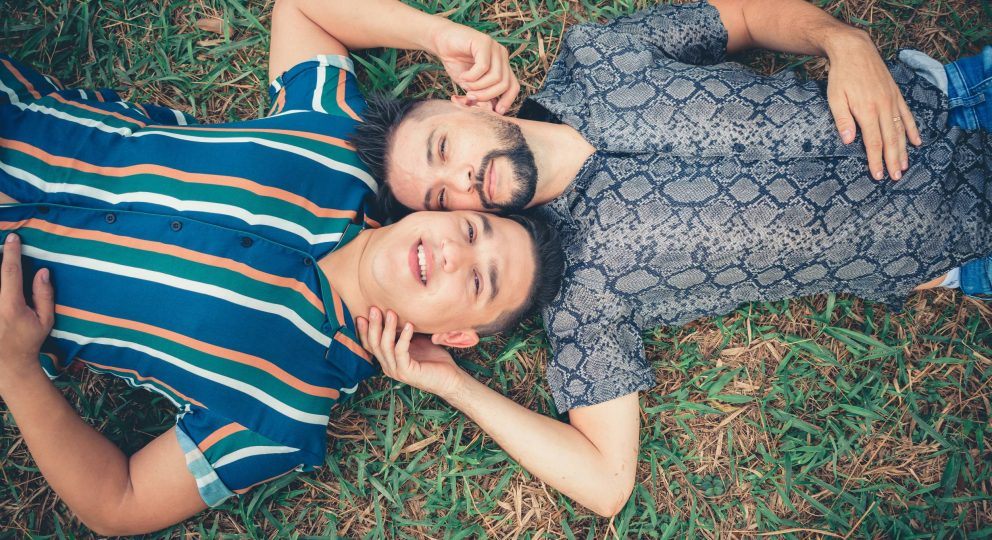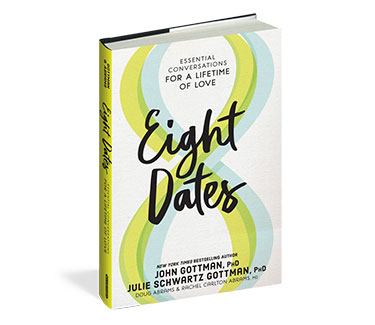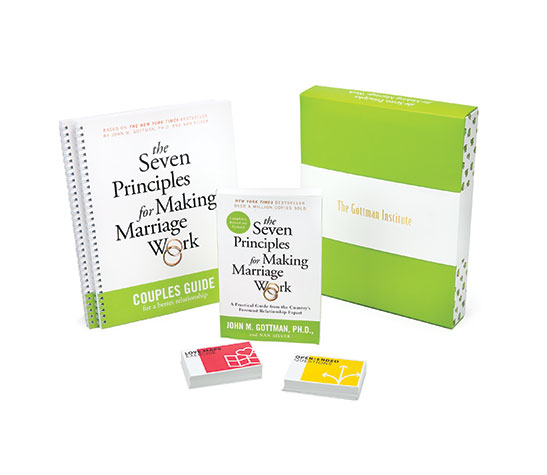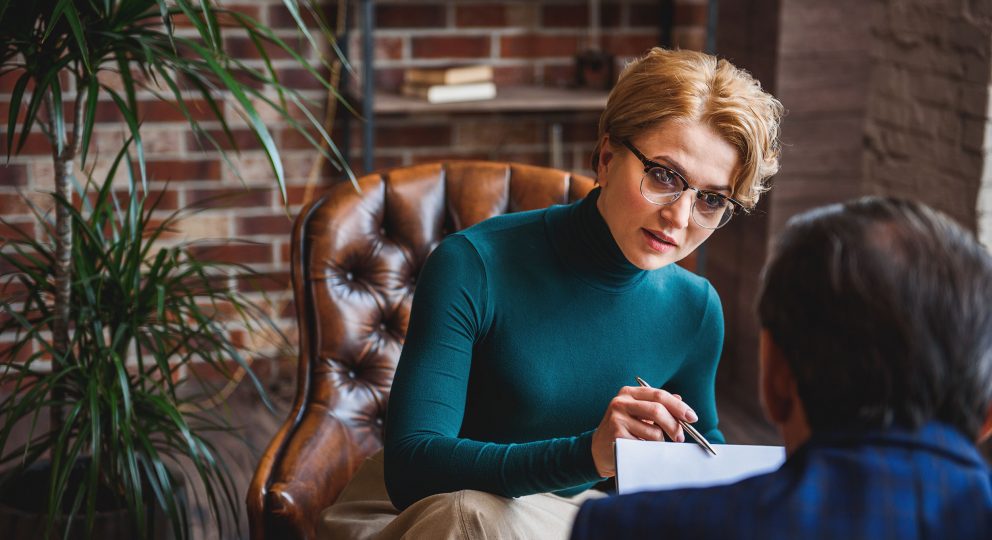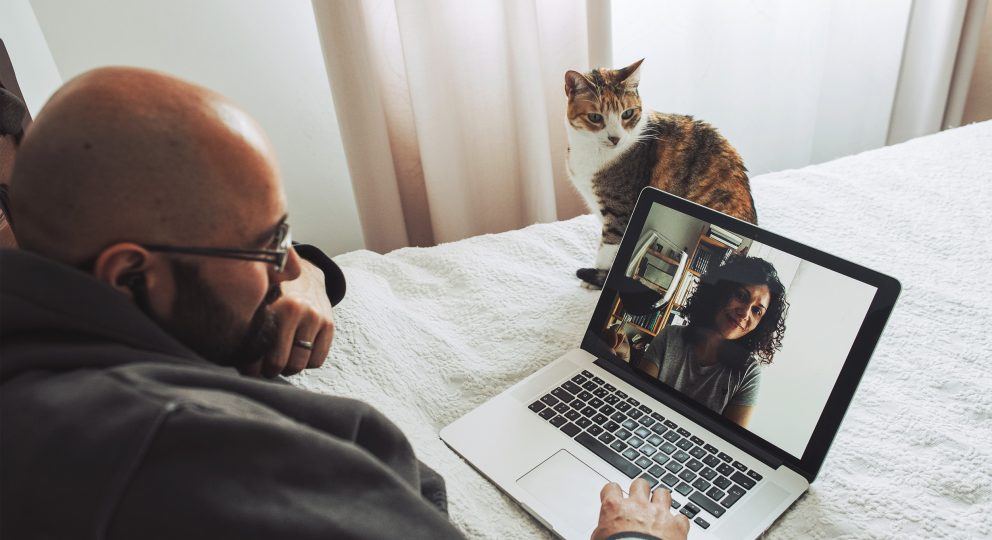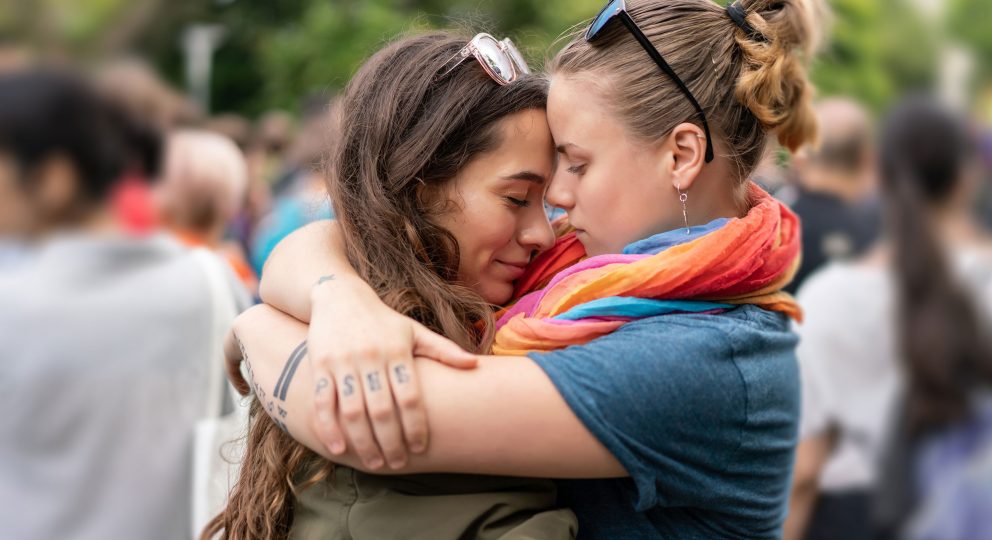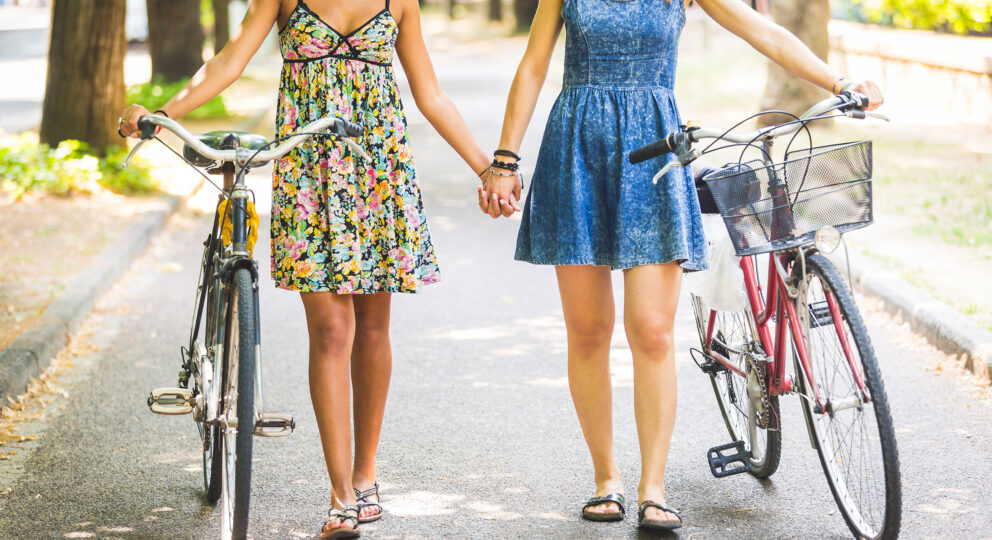I have always been curious about relationships. Growing up, without access to the Love Lab or even knowing it existed, I conducted my own “relationship research.” My data collection was limited by what I could get from four TV channels (six when the weather was better), the local library, and Blockbuster Video.
This means my understanding of my own sexual and romantic identity was largely informed by “Saved by the Bell”, Judy Garland movies, and some defaced back-issues of “Cosmopolitan” that smelled like old glue and dust. Oh, and Ann-Margret in Bye Bye Birdie (still hot. I am for sure an Ann-Margretsexual).
It was bad data and the methodology left much to be desired (meaning there was no methodology). But even as I got more channels and explored other sections at Blockbuster, the ways relationships were represented changed very little. The Bachelor has new contestants every season, but 17 years after its debut, the show’s format remains untouched. From what I could tell, all great love stories ended with prom, a long kiss, or a wedding.
I would re-watch movies with the audio commentary on, feeling like there must be something else that I was just missing. “The Wedding Singer” is still one of my favorite movies, but I’ve yearned to know what Robbie and Julia fought about—what happened between the triumphant wedding and growing old together.
Heterosexual monogamy was, of course, the default and seemed to be the key to power and happiness. My Barbies might experiment with sexual fluidity, in their dystopian two-Ken world. But this was quickly buried under a blanket of shame and I’d return to much more accessible storylines: five women fighting over the Ken who had better hair and outfits. I bloomed late and tentatively, within the narrow confines of how I understood it was acceptable for me to be in the world.
I often wonder what my life might have been like, how I might be now, if I’d seen more diverse examples of love and how it functions day-to-day. But I’ve come to terms with the fact that I’m closer to knowing nothing than I am to knowing everything.
Because Blockbuster used to thrive (RIP), I know I’m not alone. I grew up believing that I was not qualified to save cities from evil/radioactive billionaires, bust ghosts, or even be funny. Also, according to my (scientifically unsound) research, I believed that one day I would meet the man I was supposed to marry, he would win my love in a grand gesture, and then we would never experience conflict ever again. Our instinct and intuition would guide us to success and we would never have to talk about anything uncomfortable, ‘til death did us part.
We need more data.
Enter Real Relationships, a new column from The Gottman Institute. By featuring a wider variety of human experiences, we hope to contribute to a more inclusive picture of love in the world today and expand our understanding of modern relationships.
We’re launching this column with stories from people who are on the journey of navigating identity and meaning for themselves. Even more courageously, they’re navigating identity within relationships, allowing their relationships to inform who they are and who they become.
In our first Real Relationships piece, the author reckons the type of relationship structure he was raised to believe in with what he and his husband are working to define together. It’s touching, fascinating, and inspiring—I hope you enjoy it!
Something abundantly clear to me in this exploration is that you are the expert of your own story. No one can tell it but you. If you are navigating identity within a relationship of any kind (even within the lack of a relationship), you have a story to share. I invite you to fill out our contributor submission form here.
I’m grateful for the opportunity to help share these stories and to be on the continued adventure of learning about relationships—real relationships, not just what I saw in the movies.
With enthusiasm,
Carla Sparks
she/her
